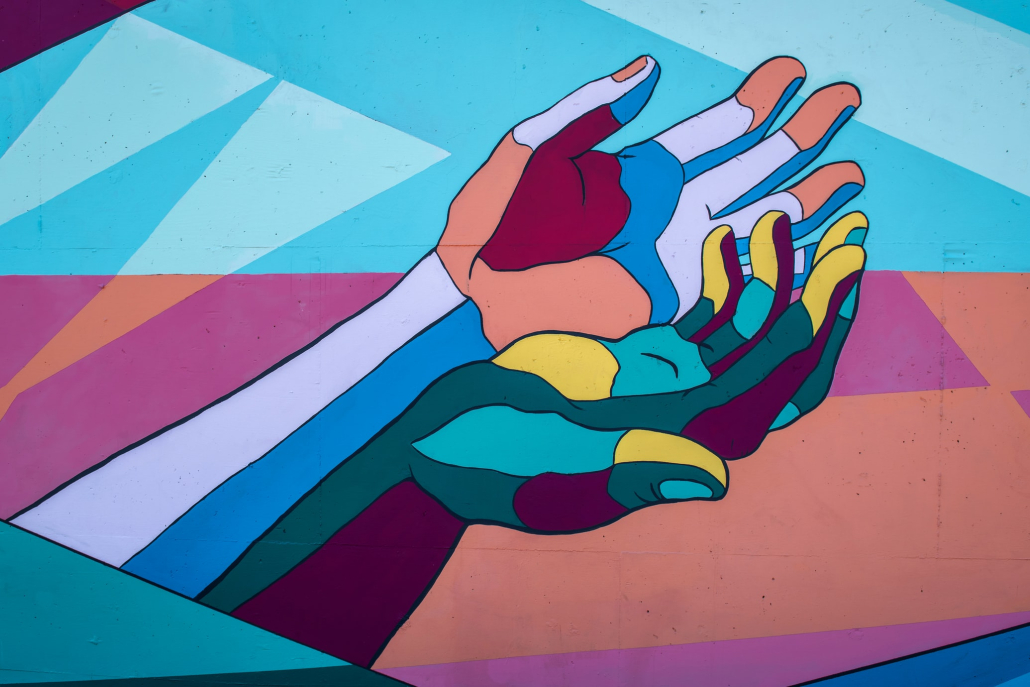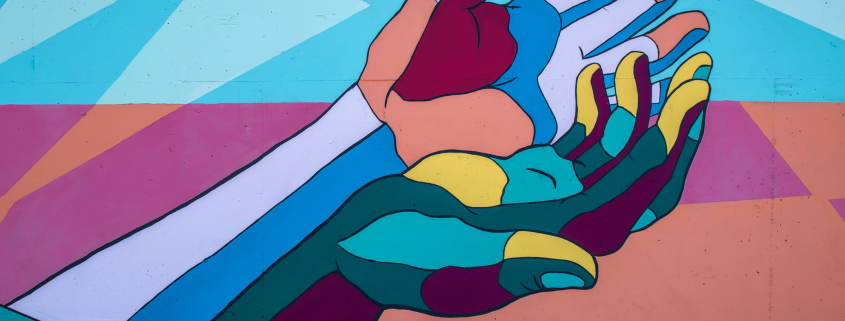Battling mental health in Latinx communities

Recognizing the importance of mental health has been a long-winded battle within communities that have historically placed it on the backburner. Too often, struggles of mental illness go undiagnosed and untreated in communities of color. For the Latinx community, these types of struggles are often written off as “fake.”
About one-third of Latinx people who experience mental health issues are treated, in stark contrast to the 50% of non-Latinx people who do opt for treatment, according to the 2019 National Survey on Drug Use and Health. The question still remains: Why?
As a Latinx person, I know firsthand how mental health is handled, particularly in a Mexican American household where the issue of fearing to ask for help is often untouched. The words “mental health” had never been uttered growing up in my household, and it was not until high school that I was able to gauge what mental illnesses were and how one could receive a diagnosis and treatment. The first time I stepped foot into a therapist’s office was in college. I did so quietly, not informing family or friends about the mental health journey I was about to embark on.
Unfortunately, this is not an uncommon journey Latinx community members deal with. As covered in Oprah Daily, only 20% of Latinx people talk with their primary care physician about mental health, and only 10% ask for help. According to a Salud America! research review, this is worse for the younger populations, with 22% of Latinx youth dealing with depression — which only accounts for those who have openly expressed their struggle.
The trauma of being first generation and carrying the burden of success placed on one’s back has severely hindered my own ability to advocate for myself and normalize the emotions I deal with on a daily basis. It took being hospitalized alone in Los Angeles for the avenue of talking about mental health to open in my house.
Mental health struggles are often written off as normal feelings one should deal with alone. The notion of taking medication is even more frowned upon than recognizing mental health in the first place. Therapy is stigmatized to be for “locos.” It took a lot of unlearning to realize that medication is meant to treat mental illness and is sometimes the only way to lead a normal life.
To just “be happy” or “think happy thoughts” are ideas I’m sure many others have heard. Simply sitting down and describing how mental illness is a result of chemical imbalances was tough for my parents to grasp. Even family closer to my age asked when I would be off my medication and urged that to be a goal I set for myself.
It is scary to talk about mental health, even more so when family and friends treat it as a hush-hush subject for the majority of one’s life. An additional barrier is the inaccessibility to mental health treatment for Latinx communities. People whose first language is Spanish or prefer to receive information in Spanish have a small pool of mental health resources that can cater to their needs.
In the United States, only 5.5% of mental health practitioners are licensed to give treatment in Spanish, out of the 18% of psychiatrists who are Latinx. In California, 39% of therapists are Latinx, but only about 23% of them can offer care in Spanish.
When talking about Latinx issues like Catholicism, “machismo,” or generational trauma, it’s hard to find the right words in English and even more difficult for a non-Latinx person to fully gauge the level of importance “Latinidad” has on one’s mental health.
USC has begun to address that gap by offering therapy in spaces like the Latinx/Chicanx Center for Advocacy and Student Affairs, Asian Pacific American Student Services and the LGBTQ+ Student Center, with professionals who identify with those communities. However, making an appointment can often be difficult as the needed surge for mental health treatment has increased due to the coronavirus pandemic.
Even taking the step to make an appointment can seem like an internal battle, especially when doing it alone for fear of judgment from family. Although many will opt to undergo this process alone, it is important to note that other Latinx community members are feeling the same way and there are peers at USC, such as myself, who have been in that same position. Feeling the support of other Latinx people and seeing more Latinx professionals in the field is an important first step in destigmatizing mental health — one that I hope this article begins to stimulate.

